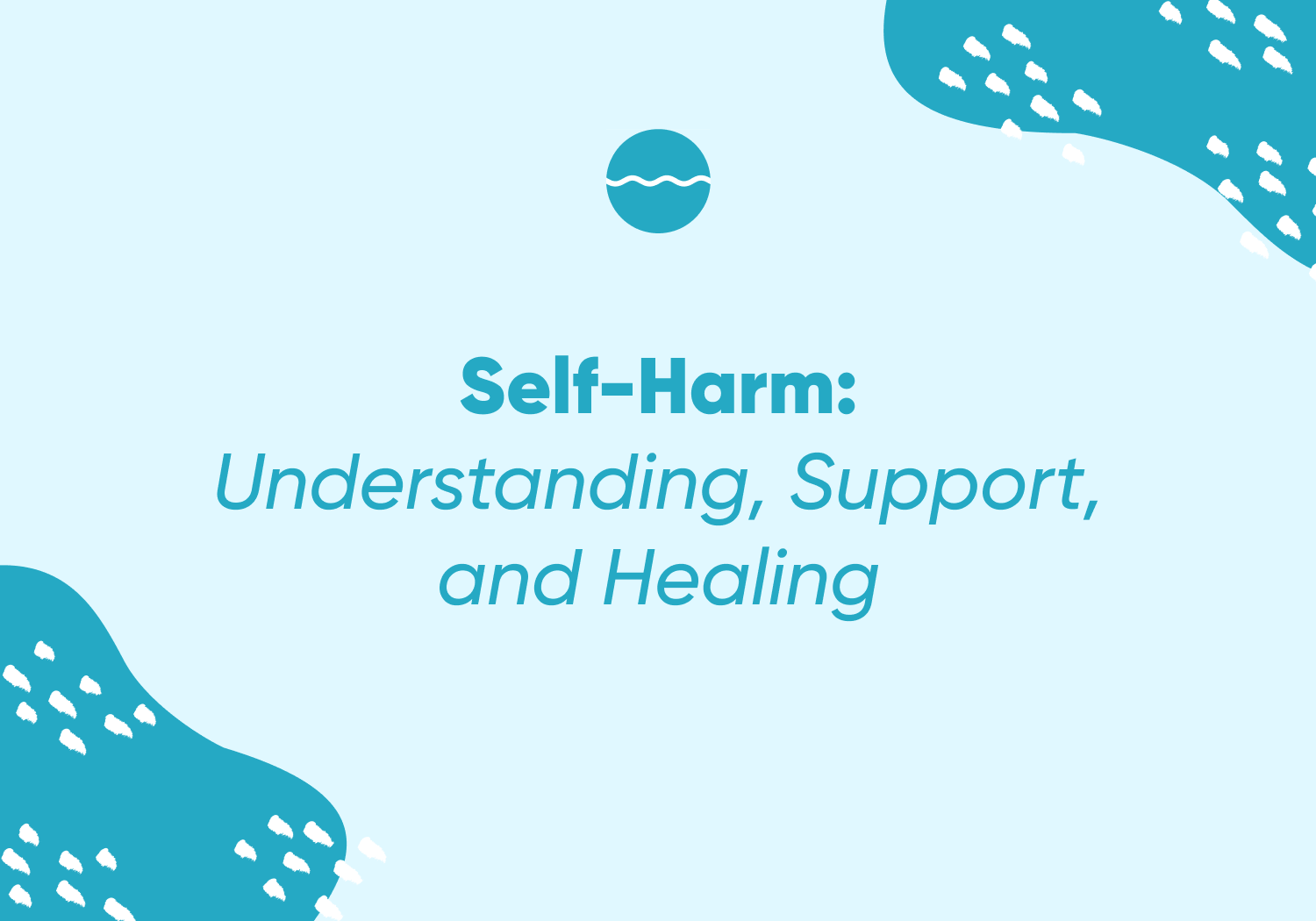Self-Harm: Understanding, Support, and Healin

Life can sometimes feel overwhelming. When stress and painful emotions pile up, it’s not always easy to find healthy ways to cope. For some, self-harm becomes a way of expressing inner distress or regaining a sense of control.
This article explains what self-harm is, why it happens, and how support and therapy can make recovery possible.
What Is Self-Harm?
Self-harm is more than a physical act — it’s a psychological response to intense emotional pain. It often reflects inner conflict, despair, or the feeling of being unable to cope. For someone struggling, it can seem like the only outlet for emotions that feel too heavy to carry.
Why Does Self-Harm Happen?
There isn’t a single cause, but some common factors include:
Emotional stress — overwhelming feelings without healthy release
Social isolation — feeling disconnected or unsupported
Depression and anxiety — mental health struggles that intensify emotional pain
Personal conflicts — unresolved issues or trauma
Recognizing these influences helps to understand that self-harm isn’t about weakness. It’s about someone doing their best to survive difficult emotions.
How to Offer Support
Supporting someone who self-harms requires sensitivity, patience, and care. Here are some key steps:
Ensure safety: Help them feel safe and supported in the moment.
Acknowledge emotions: Validate their pain without judgment.
Encourage professional help: A therapist can provide tools and guidance for healthier coping.
Learn supportive strategies: Simple acts like listening, offering presence, or creating calm can make a difference.
The goal isn’t to “fix” someone, but to help them find new ways of managing emotions.
Therapy for Self-Harm
Psychotherapy plays a central role in recovery. A therapist helps uncover the underlying reasons for self-harm and works with the person to build healthier coping strategies. Sessions may include:
Developing tools for emotional regulation
Building self-esteem and resilience
Addressing trauma or unresolved conflicts
Creating safe ways to express emotions
With time and guidance, therapy can restore stability and open the door to growth and healing.
Finding Help with Pleso Therapy
We know how important it is to have a safe space for difficult emotions. Our licensed therapists are here to offer support, tools, and care tailored to your needs.
If you or someone close to you is struggling with self-harm, remember: recovery is possible. Taking the first step toward therapy can be life-changing.
With the right help, self-harm can be replaced with healthier ways of coping — and your life can become lighter, safer, and more balanced.
